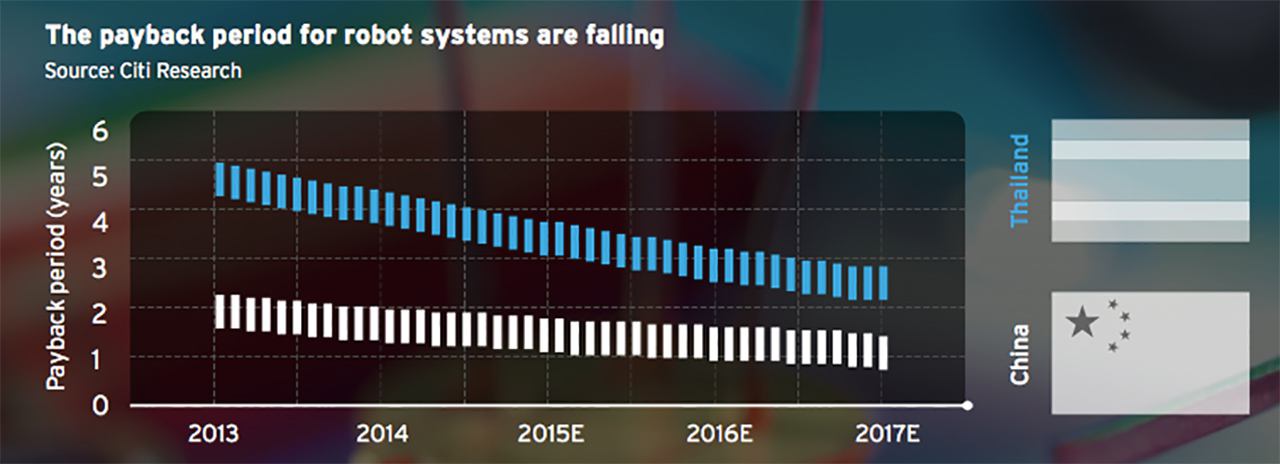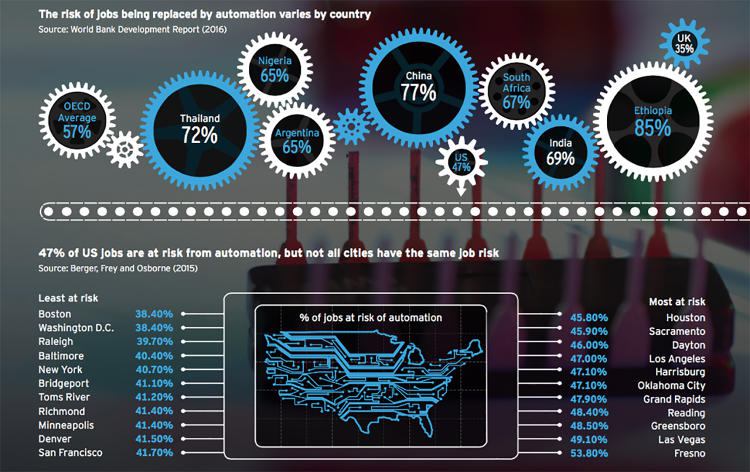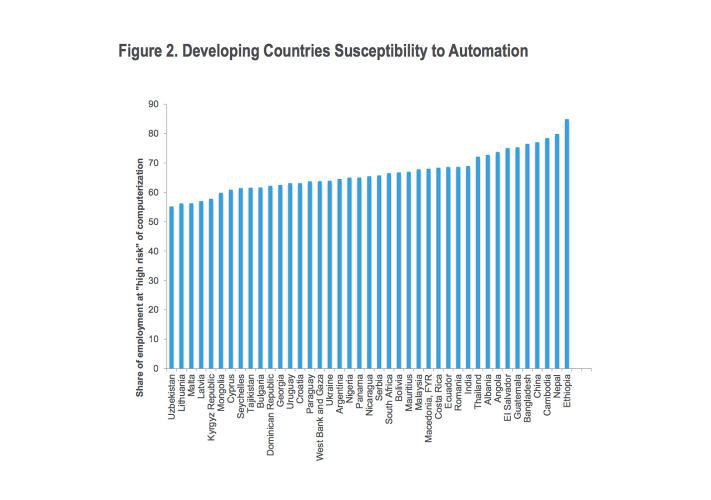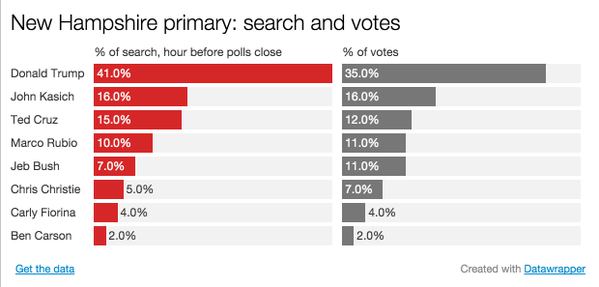Как китайцы переходят на чтение новостей через мессенджер WeChat
In addition to personal accounts, individuals and companies can register for public accounts. They work a little bit like blogs which live in the app and are embedded in the messaging experience. Updates from the public accounts you subscribe to could appear right below the message from your mom and above a group chat with your high school friends.
These accounts update once a day, often at fixed times during the day to cultivate reading habits. But you can also interact with the publisher multiple times throughout the day. Once you subscribe to the account, the app allows you to leave a voice memo for the owner, send an emoji or a message, just like how you chat with your friends. The owner can update once a day to all the subscribers but can selectively respond to your messages or send out a voice memo to all subscribers at once. The experience feels much more intimate than the comment section of a website or a blog. It’s a bit like having a private messaging thread with the writer you like.
This system has given rise to numerous successful “we-media” brands which have hundreds of thousands of engaged readers and annual revenue in the millions, mostly from native advertising. Some of the people behind these we-media came from long-standing news brands and end up eclipsing their former employers. A July report from WeChat shows that “we-media” accounts have a greater share of subscribers than verified accounts run by media companies.
The most successful “we media” still tend to be about lifestyle, celebrities, and tech news, partly because writing about politics is still the business of state-run media in China. But the deeper point is that these former reporters and editors at traditional news organizations taught their employers an important lesson about engagement and brand development.
In China, the individual, rather than some brand, is indubitably at the heart of social and mobile communication. Traditional media tends to elide the ‘person’ behind the news, while “we media” is nothing without individual voices and personalities.
Some Chinese publishers are picking this up quickly, encouraging their beat reporters to start company-sponsored public accounts in their own voice, name and personality. These tend to do much better than official WeChat accounts which tend to simply transfer content from their website to WeChat.
http://fusion.net/story/268467/the-future-of-media-china-wechat/























